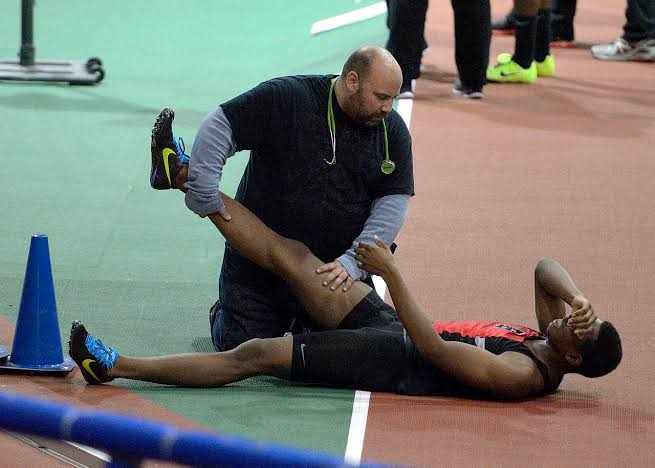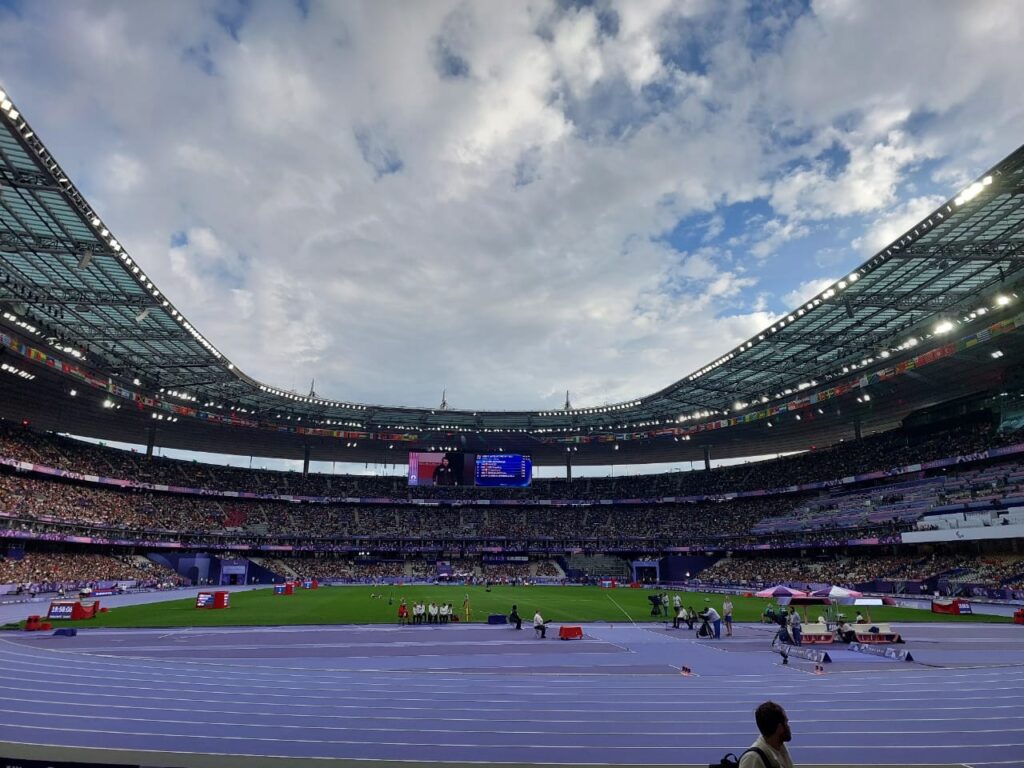Handling Success: The Glamourization of Sports
In the glittering world of professional sports, athletes frequently serve as icons of success, fame, and financial riches. We see their accomplishments on the field, court, or track, and we love to see their lavish lifestyles. However, beyond the sparkle and glamour is a grey truth that we fail to acknowledge.
The story begins with an athlete’s exceptional performance in one of the national competitions. The athlete had been working hard to prepare for the tournament and the hard work paid off. But what happens next is sort of a game changer. In today’s social media ruled era, the athlete’s achievements bring in a lot of positive attention. The athlete is now in talks for selection in the nationals team. Along with that the athlete starts receiving many sponsorships and endorsement deals. The athlete, fueled by the sudden turn of events, continues performing well in the upcoming competitions, while adjusting to his new upgraded lifestyle. The athlete, who has been receiving a lot of attention on social media and otherwise, now has to split his time between training and media shoots, endorsements and the parties. He also starts spending a lot of time reading his fan reviews and comments on the internet, at times he feels bothered by the negative comments that come up once in a while. When the performance drops, there are incidents of trolling. To divert the mind, the athlete engages in parties, which has an effect on the next day of training. From here, all of us can imagine how the downfall begins.
While this is not the case for majority athletes, it is the reality for quite a few of them. Most athletes even after receiving fame and recognition continue to be internally motivated and perform consistently. However, with the increasing exploits of social media and the increasing glamour of the sports industry, many athletes are now falling prey to the dazzling lifestyle and to the perks of this limelight.
The sports industry has seen a significant increase in glamour and media attention, with athletes becoming celebrities and endorsements becoming common. This has led to a blurring of the lines between sports, entertainment, and marketing, as sports channels and Bollywood are increasingly promoting each other. The fast pace of social media also plays a crucial role in showcasing the lives of athletes, both on and off the field, further amplifying the glamour quotient. Although receiving fame and recognition can be substantially good for an athlete’s career, it can have adverse effects as well. Glamour in sports can have both positive and negative effects on athletes. On one hand, it can increase media attention, boost revenue, and provide opportunities for endorsements and sponsorships. However, it can also lead to societal pressure, objectification, and a focus on appearance over athletic achievement. Additionally, glamour can contribute to a culture of entitlement and a detachment from the true essence of sport, potentially leading to mental health issues and a decline in focus on athletic performance.
In this blog, let us explore some effects of glamourization of the sports industry on the athletes:
Positive Effects:
- Increased Media Attention:
Glamour can attract more media coverage, leading to greater recognition and exposure for athletes and their sports. This can help in bringing the lesser known sports to limelight. - Enhanced Revenue:
Increased media attention can translate into more sponsorships, endorsements, and overall revenue for athletes and sports organizations. These revenues in turn help the organizations in providing better support for their athletes. - Opportunities for Endorsements:
Glamorous athletes are often seen as desirable representatives for brands, leading to lucrative endorsement deals. - Role Models and Inspiration:
Some athletes, especially those who overcome adversity, can serve as inspirational role models for others, regardless of their level of glamour.
Negative Effects:
- Societal Pressure and Body Image Issues:
The emphasis on physical appearance can create pressure on athletes, particularly female athletes, to conform to unrealistic beauty standards, potentially leading to body image and self perception issues. - Objectification and Trivialization:
The media’s focus on an athlete’s appearance or other lifestyle choices rather than their athletic skills can lead to objectification and trivialization of their accomplishments, particularly for female athletes. This may create a sense of over exposure and loss of privacy for the athletes, as their every move gets scrutinized on social media. - Culture of Entitlement:
Excessive attention and fame can lead to a sense of entitlement, making it difficult for athletes to stay grounded and focused on their sport. Gaining a celebrity status may erode their motivation and hunger to win for the country. - Mental Health Challenges:
The pressure and scrutiny associated with glamour can contribute to mental health issues such as stress, anxiety, and depression. This could also lead to social isolation and decline in athletic performance. - Deterioration of Athletic Focus:
The focus on glamour can sometimes overshadow the importance of athletic performance, leading to a decline in focus and training. Engagement in activities other than sport may gain precedence over regular training as they become the means of monetary gains and entertainment. Demands of high profile sports and constant media attention can lead to burnout and feelings of depersonalization, losing touch with their true selves.
As it can be observed, most of the effects of this glamourization of sport are psychological in nature. To mitigate the negative impacts of glamour and celebrity on athletes, they can focus on maintaining a grounded mindset, prioritizing their training and performance, and seeking support from coaches and mentors. Additionally, practicing mindfulness and developing strong communication skills can help them navigate the demands of fame and media attention.
1. Maintaining a Grounded Mindset:
- Focus on the sport:
Athletes should prioritize their training and performance above the allure of fame and fortune. - Self-Discipline:
Self-discipline is crucial for maintaining consistency in training, adhering to a healthy lifestyle, and staying focused on goals. - Stay focused on goals:
Developing a clear vision and action plan for their athletic journey can help them stay grounded and focused. - Embrace a functional mindset:
Instead of striving for perfection, athletes can focus on performing their best based on their preparation. - Learning from Success and Failure:
Successful athletes learn from both their successes and their failures, using them as opportunities for growth and improvement.
2. Prioritizing Training and Performance:
- Consistent practice:
Regular training and competition are essential for building confidence and developing skills, helping athletes stay focused on their craft. - Seeking coaching and mentorship:
Coaches and mentors can provide guidance, support, and help athletes navigate the challenges of fame and the media.
3. Managing Media Attention and Social Pressure:
- Developing communication skills:
Athletes can learn how to manage media interviews and social media interactions effectively, protecting their privacy and maintaining their focus. - Practicing mindfulness:
Mindfulness techniques can help athletes manage anxiety and stay focused on their goals, regardless of external pressures. - Building a strong support network:
Surrounding themselves with supportive friends, family, and mentors can provide a sense of grounding and help them navigate the challenges of fame.
By implementing these strategies, athletes can mitigate the negative effects of glamour and fame, allowing them to maintain their focus on their athletic goals and overall well-being.
Rasika Kalgutkar, Sports Psychologist, Mindsports


